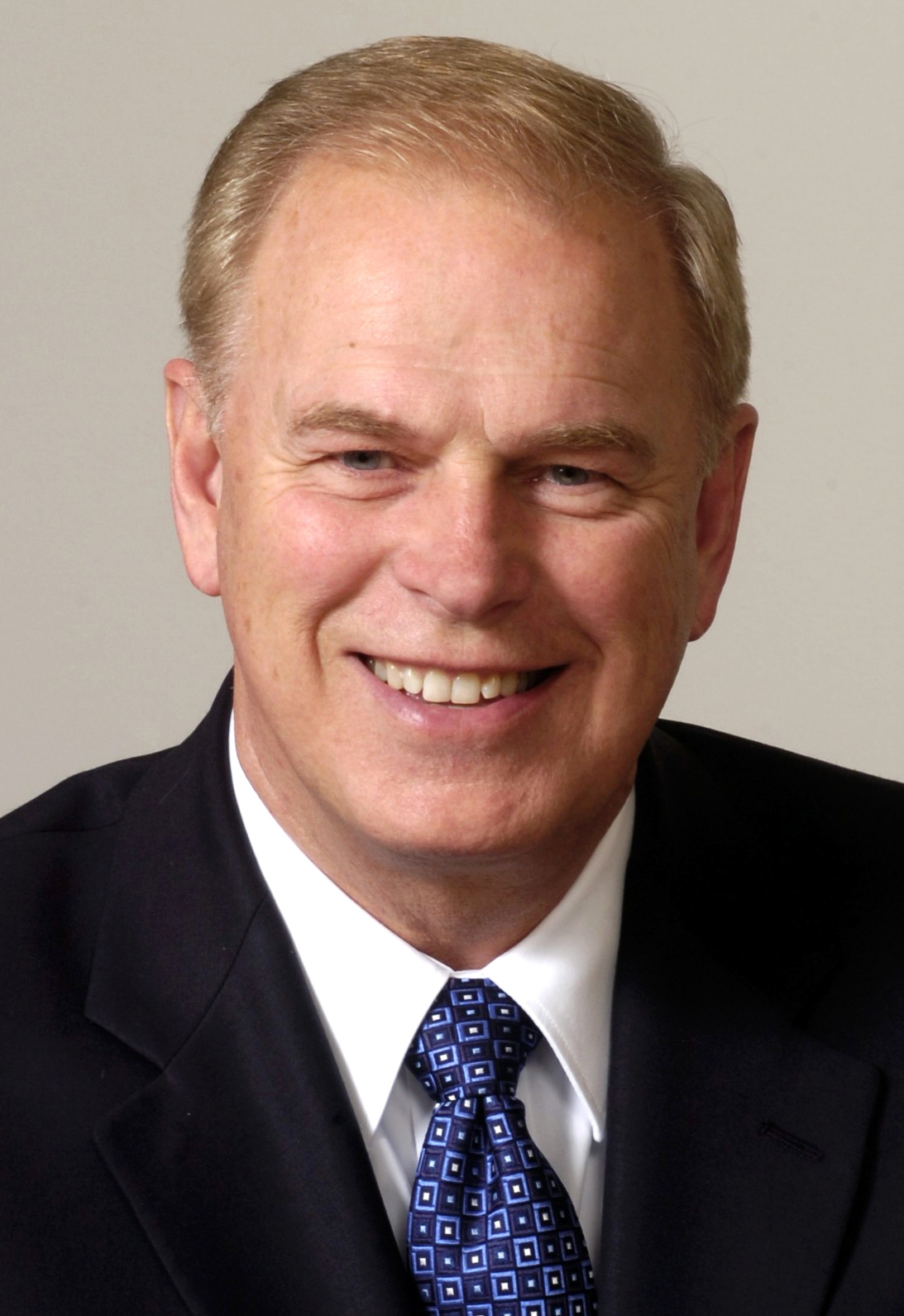By David Zanotti
Back in 1988, we really were not all that interested in entering a fight on casino gambling. The Roundtable had been in operation for eight years. We had many issues far more pressing than gambling expansion. Then we began doing serious research on the history of legalized gambling in America, with a particular focus on the corruption gambling interests bring to civil government. That study led to more research on rising gambling addictions and the destruction of families. Along the way we met Sandy Walgate, a schoolteacher from East Liverpool who shared her story of nearly losing her star athlete son to a gambling addiction. Through Sandy’s tears this all became very real.
For almost 25 years now we have been presenting the evidence that gambling ruins lives and corrupts government. All the honest research is conclusive. The gambling industry thrives on addicts. When government gets into business with the gambling industry, the government partners in the addiction business. What politicians intentionally ignore is the inevitable reality that once state and local budgets are addicted to gambling revenues, the casino bosses call the shots. Thus, gambling and good government don’t ever mix.
Before the first casino even opened its doors in Ohio, this inevitable reality proved true once again. Not content with a private monopoly amendment they wrote into the Ohio Constitution, Penn National and Dan Gilbert (Ohio’s current casino overlords) wanted more. They found a greedy legislature and a willing partner in Governor Kasich. Together they cooked up a scheme to take a “limited” gambling proposal passed by the voters in 2009 and blow it into a full-scale plan for virtually unlimited gambling across the state.
Had they chosen to take this new plan to the voters and further amend the Ohio Constitution, as the law requires, it would have been a fair fight. Instead they decided to deny the precedents of legal construction and constitutional law dating back to before the Civil War. They just passed a law giving the government, the casino overlords and the greedy lawmakers whatever they wanted.
They tried something similar about 10 years ago in Ohio. They decided to expand the Lottery, but rob the schools of the new funding. The Roundtable sued because the new law directly violated the state constitution. We gained standing in the case, won the funding argument, returned the money to the schools and the case was upheld on appeal.
This time around, with a law passed that violated the state and federal constitutions in at least 17 places, the Roundtable sued again in the same Franklin County Court. To the amazement of many, Judge Timothy Horton, after eight months of deliberations refused to hear the case stating that none of the plaintiffs, including the Roundtable had the right to bring such a case to court. Ten years ago we did have standing and the courts upheld a significant portion of our challenge, this year we don’t have the right to a day in court on very similar claims. How exactly does that work?
So the Ohio Constitution, Article XV has been amended to expand gambling dramatically, but you won’t find the words there. The constitution was overridden by a simple statute passed by the Legislature at the request of the Governor. The people of Ohio had no say on the destruction of three constitutional provisions on gambling they passed in 1973, 1987 and 2009.
The politicians got the money they wanted. Their lobbying friends and lawyers got paid. The gambling industry got everything they wanted and the citizens of Ohio had no legal say in the matter. Which all proves the point we first discovered from studying the history of gambling back in 1988. Gambling and good government don’t ever mix.
David Zanotti is CEO of the American Policy Roundtable, the parent company of the Ohio Roundtable, established in 1980. The Roundtable is a non-profit, independent education and research organization specializing in public policy.


